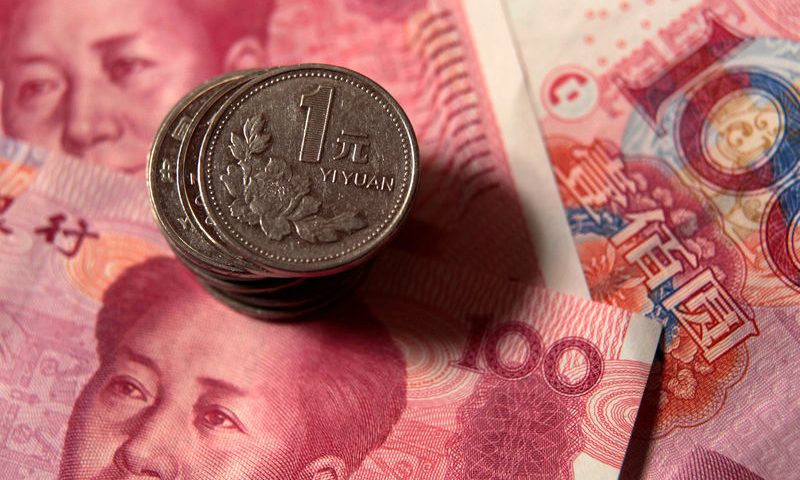By Ritu,
The safe-haven yen rose against the dollar after U.S. President Donald Trump signed into law support for anti-government protesters in Hong Kong, which could complicate efforts to end the U.S.-China trade war.
That caused the yuan to fall in offshore trade on mounting worries that months of often violent protest against Chinese rule of the former British colony potentially will worsen already fractious relations between Washington and Beijing.
The Swiss franc and gold also rose on Thursday as investors sought other safe harbours due to concerns about a potential increase in geopolitical risk.
In response to the U.S. move, China’s foreign ministry said it resolutely opposed the law and threatened to take firm counter-measures, complicating efforts to scale back a 16-month long trade war between the world’s two-largest economies.
The yen rose around 0.2% to 109.39 versus the dollar on Thursday in Asia, rebounding from a six-month low reached Wednesday after U.S. economic growth was revised up in the third quarter.
In the offshore market, the yuan fell 0.16% to 7.0255 per dollar. In the onshore market, the yuan was little changed at 7.0287 versus the greenback.
China’s foreign ministry also said on Thursday that U.S. attempts to interfere in Hong Kong are “doomed to fail.”
Washington’s rebuke also comes as U.S. and Chinese negotiators are trying to reach an agreement to de-escalate a trade war, which would remove a huge headwind from the global economic outlook.
The United States and China have imposed tariffs on each other’s goods in a prolonged dispute over Chinese trade practices that the U.S. government says is unfair.
Investor uncertainty benefited the Swiss franc, which pulled back from a two-month low to trade at 0.99875 against the greenback.
Gold, another safe haven bought in times of uncertainty, rose 0.22% to $1,457.36 per ounce.
The rise in safe havens undermined the dollar, which came into Asian trade on a high after revised data showed U.S. economic growth picked up slightly in the third quarter.
Separate data showed new orders for key U.S.-made capital goods increased by the most in nine months in October and shipments rebounded.

